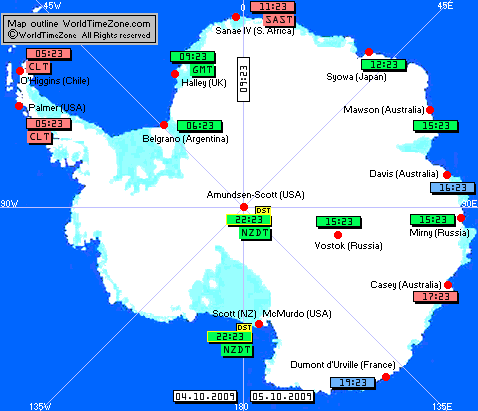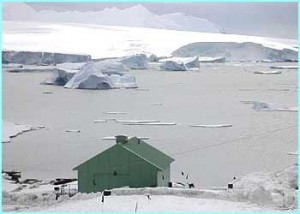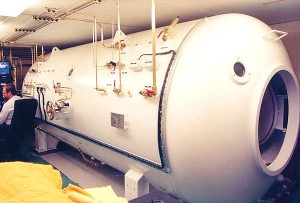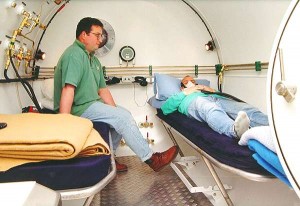Archive for October, 2009
Time Zones of Antarctica

A few people have asked me what time zone Antarctica is in. Strictly speaking it is GMT without daylight savings time. However, in reality every base operates a different time and those are linked to the supply line for the base some work on DST of those respective countries.
For example at Rothera we have the same time as the Falklands, the US south pole base is on NZ day light savings time and Palmer the US station on the peninsula is on Chilean Time. Indeed on the south pole you can walk through all the global time zones in a few seconds!
Waste in Antartica and the oceans
A few friends have mentioned waste removal from Antartica and how we make sure we don’t cause environmental damage through leaving waste all around the place. At conference they talked about the ongoing project for support staff going into the field to collect old waste from past projects. All waste created on base at Rothera is removed on the ships back to the UK for disposal – 80% of all waste on base is recycled.

A sewage treatment plant handles all the human waste and grey water produced on site with only cleaned water being discharged to sea conforming to European Union Bathing Water Standards. Solids from the plant are disposed of through a high efficiency two stage incinerator with residual ash contained and removed from Antarctica by ship.
Last week while I was in Scotland I was diving with David Barnes who is one of the most prolific scientists at British Antarctic Survey. I did a search on the BAS waste and found an interesting Press Release about a study he did back in 2002 which describes how plastics in the ocean combined with global climate change threatens biodiversity in Antartica. The paper was published in Nature.
Recompression Chamber course

The Oban Dive Chamber is at SAMS so as we have a chamber at Rothera we need to be trained in operating the chamber should we have a dive emergency involving a case of decompression illness. Currently SAMS treats around 18 patients per year between 28 and 62% of decompression illness cases in Scotland.
The course yesterday involved a morning of lectures including:
Basics of recompression operations
Identifying decompression sickness symptoms and subsequent treatment
Basics of therapeutic recompression tables
Oxygen handling, cleanliness and breathing at high pressures (oxygen toxcity)
Basic external chamber operation
Basic internal ‘nursing’ job of the patient
Rules and regulations relating to recompression theory

Yesterday afternoon we were treated as patients in the chamber and were taken down to 18m where we breathed heliox which makes you have a very funny high pitched voice like after inhaling helium from a ballon. So we all had some fun on that before changing to pure oxygen.
This morning we each get to do one of the jobs involved in chamber operation. Being the patient, internal ‘nurse’, supervisor and supervisors assistant. The ‘dive’ is to 14m for 45 minutes. If the chamber is being used for an emergency situation there would also be a docter on hand and it is better to have two assistant chamber operators if possible especially if the compressions are for more than a few hours e.g. the Royal Navy 64 tables are a min length of 4.75 hours and max of 6 hours 50 minutes.
This afternoon we have the local diving Dr who works at this chamber coming in for some more lectures.

